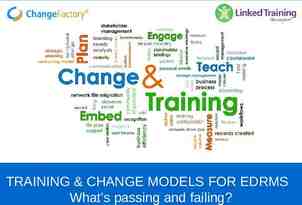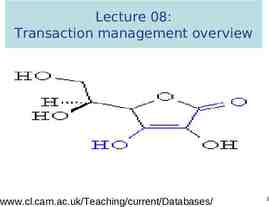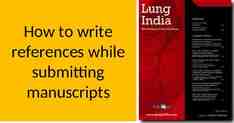CREATING EFFECTIVE HOLISTIC ASSESSMENT TASKS
12 Slides389.54 KB

CREATING EFFECTIVE HOLISTIC ASSESSMENT TASKS

WHAT IS YOUR UNDERSTANDING OF “HOLISTIC ASSESSMENT TASK”?

HOLISTIC ASSESSMENT TASKS Demonstrate breadth of learning – they come from a range of Es and Os across different organisers Demonstrate challenge – they ask pupils to use a range of higher order thinking skills such as analysis, creation, evaluation, problem solving, tackling multi step tasks, interpreting tasks Demonstrate application of learning in new and unfamiliar situations Come from one of the four contexts of learning: Life and ethos of the school as a community Curriculum areas and subjects Interdisciplinary learning Opportunities for personal achievement

WHEN AND HOW SHOULD WE USE HOLISTIC ASSESSMENTS? As pre-assessment to ascertain levels of understanding and/or competency As part of on-going learning and teaching approaches To assess application of knowledge and skills in new and unfamiliar contexts As part of the evidence base for making a professional judgement of achievement of a CfE level.

WHY DO WE USE HOLISTIC ASSESSMENTS? Demonstrate genuine understanding of learning Promotes whole school literacy, numeracy and HWB Promotes pupil engagement Gives pupils more independence as learners Enables clearer identification of next steps Fuller range of evidence INCREASE ATTAINMENT

WHAT KIND OF THINGS MIGHT A HOLISTIC ASSESSMENT CONTAIN? Tasks which draw on learning from earlier in the year Tasks which bring in elements of literacy, numeracy or HWB Multi-stage task Tasks which require higher order thinking skills Tasks which link to whole school context/IDL Tasks without too much explicit instruction

EXAMPLES OF HOLISTIC ASSESSMENTS IN PE Health and Well Being Write a report on your basketball Physical education, physical skills. Explain activity and sport what areas you Evaluating and appreciating have improved in HWB 2-24a, 3-24a, 4-24a and highlight areas for further Literacy development Organising and using information 2-25a/3-25a/4-25a 2-26a/3-26a/4-26a Creating texts 2-28a/3-28a/4-28a Having watched a video of your performance, pick 3 elements of your performance. For each one analyse your strengths and weaknesses. Having watched a video of your performance and analysed the strengths and weaknesses of 3 elements, research strategies for improvement in these areas. Create a plan for your improvement where you explain your choice of strategies and why you think they will be

THIS IS HOLISTIC BECAUSE Breadth – comes from a range of organisers and curricular areas Challenge – requires learners to use analysis, research and create a plan Application – using the skills that they have learned in a new context

EXAMPLE OF HOLISTIC ASSESSMENT IN NUMERACY William and Harry go for lunch with Granny at 1pm. William will travel by train at a cost of 12.50. The distance he is travelling is 67 miles and the journey takes 1 hour and 15mins. What is the average speed of the train? Harry chooses to drive, his journey is also 67 miles. He travels at an average speed of 60mph. His car covers 7 miles per litre and petrol costs 1.08 per litre. Parking costs 5 per day. What time will he need to leave to arrive on time for lunch? Who has the most cost efficient journey and why?

THIS IS HOLISTIC BECAUSE Breadth - comes from a range of organisers across numeracy (time, money, number, FDP) Challenge - Careful reading of the question to extract the relevant information, problem solving, multi-step question with evaluation, drawing on a range of learning, possibly from throughout the year. Application - Elements of the question will have been covered previously but this format/combination will be new and unfamiliar, application of key number skills but without explicit instruction.

GROUP TASK 1: CREATE HOLISTIC ASSESSMENTS Select a bundle of Es and Os which reflect the learning happening in the classroom. Create 2 holistic assessments which require: oThe learner to draw on a range of learning oAppropriate level of challenge oHigher order thinking skills oApplication of learning in a new and unfamiliar situation oCome from one of the four contexts of learning

GROUP TASK 2: EVALUATION OF HOLISTIC ASSESSMENTS Now look at the task created by another group. Using the evaluative comment checklist, moderate the effectiveness of this task as a holistic assessment.






